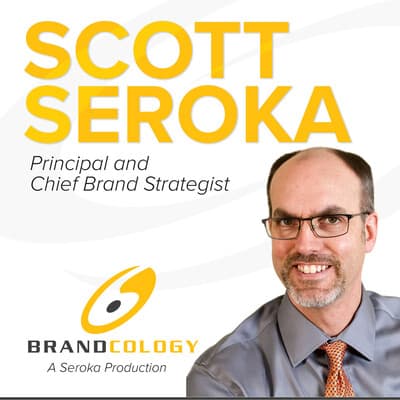Business
I’ve known someone for quite some time now who runs a very successful company, and she attributes her success to the culture she has deliberately created. I would define her as an emotionally intelligent servant leader who treats everyone in her company as good as, if not better than her company’s customers. When business owners complain that they can’t find good people, she enjoys a bit of a laugh because she’s figured out how to build a company where people love to come to work every day and her company has consequently earned a reputation for being a great place to work. I’m also acquainted with business owner who has created a completely different culture. On day one of a new hire, he makes it abundantly clear that the sole purpose of his company is to crush his competitors. Although he comes across as a friendly guy, he tells new hires that he is not there to be anyone’s friend, he doesn’t think of everyone at his company as a family and people don’t get together to party – not even for the holidays. However, he does tell everyone that he is the greatest advocate of any employee who does his or her job well. He also tells people they will financially do well if they work hard and that if anyone is looking for a work/life balance job, they are encouraged to leave because, as he states, “work/life balance doesn’t grow a company.”His company also did very well for quite some time because he hired people who shared a similar mindset. The reason I share these stories with you is because if you mention the word “culture” to most people, it may spark a conversation around employer branding, hiring emotionally intelligent managers, teamwork, and strategies behind building a place where people love to come to work every day. You know – all that “touchy-feely” stuff.However, when you think of the world’s most valuable brands, they all share one thing in common – each one builds and maintains cultures of high-expectations, continuous improvement, operational excellence and of course, service/product leadership. For these ultra-successful, elite brands, culture is very much a strategy – one that is tactical, and as deliberate as it is calculating. Now let’s talk about what culture is notCulture is NOT the nap room, the ping-pong table in the lobby, or the half-day Fridays offered during the summer so employees can live their work/life balance. Culture is not the paid time off employers give to employees so they may contribute to a cause they believe in,Culture is the combination of beliefs, behaviors and attitudes that make up the social construct of an organization. For the poorly managed company, culture is something that just happens all on its own as positions are filled with skilled employees, and in the process, little, if any consideration is given to how they should be managed.Under these conditions, employees are expected to “figure things out,” do what they were hired to do, and behave like a team. I say, good luck with that. Companies that make their competitors sweat have cultures that are well-defined and designed for aggressive growth and market leadership. Much like the components that make up a well-running machine, these employers hire to exacting specifications for every single role within their companies. Technical aptitude aside, these employers screen for traits such as: attitude, leadership traits, life experiences, personal beliefs and philosophies, emotional intelligence, self-awareness, enthusiasm, empathy and critical thinking. They know and understand that the right mixture of high-quality people is exactly what’s needed to achieve lofty, corporate objectives and win. And for one company to win, another must lose. And there’s nothing soft or touchy-feely about that!

